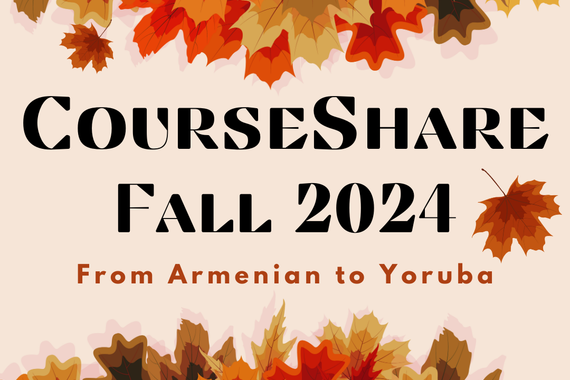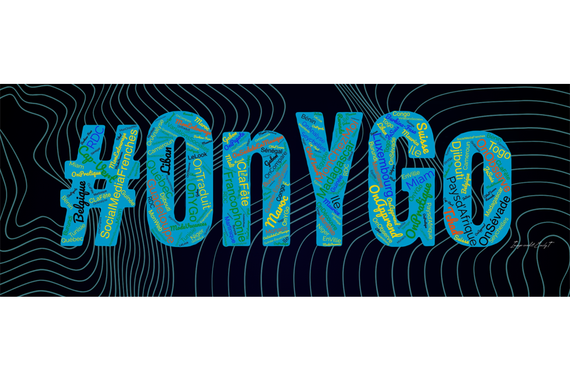Course Sharing Beyond CourseShare
Participation in Big Ten CourseShare is growing, but it’s only part of the picture of how university instructors are using technology to share their language beyond the Twin Cities (TC) campus.
During 2018-2019, with the support of the Classics and American Indian departments, TC and Morris launched a pilot intersystem exchange, in which first-year Dakota and second-year Latin courses were sent from TC to Morris. This pilot was successful, with a small number of Latin students from Morris enrolling Fall semester, and about equal numbers TC and Morris students in Dakota both semesters.
In addition, some language programs opened up their courses to non-TC-area students who attended remotely via video or web conferencing. Instructors had occasionally accommodated students in the past, but the recent improvements in technology have made it easier for departments and instructors to plan for these connections, and in the case of the American Indian Studies department, actively advertise this option to students. Including both local and remote students in less commonly taught language programs provides students with accommodation, and is one method of helping sustain our programs.
At the beginning of the academic year, all languages were shared via in-room video or web conferencing technology. However, some instructors began experimenting with Zoom on select days to provide more speaking practice. During Spring 2019, Joe Bendickson migrated his Dakota classes to Zoom almost exclusively.
In 2018-2019 the following instructors included Morris and/or remote individual students in their language courses:
- Joe Bendickson, DAKO 1121-1122 to Morris, and DAKO 1121- 3124 to remote individuals
- Zoe Brown, OJIB 1101-3104 to remote individuals (OJIB 3103-3104 was also shared via CourseShare)
- Aija Elg, FIN 1001 to a remote individual
- Stephen Smith, LAT 3003 to Morris
For Fall 2019, TC plans to send Beginning and Intermediate Dakota to Morris, as well as Intermediate Latin. In addition, the Hmong program has opened up a section of Beginning Hmong to Rochester students. Finally, the German, Nordic, Slavic and Dutch department is including remote individuals in more of its languages.

